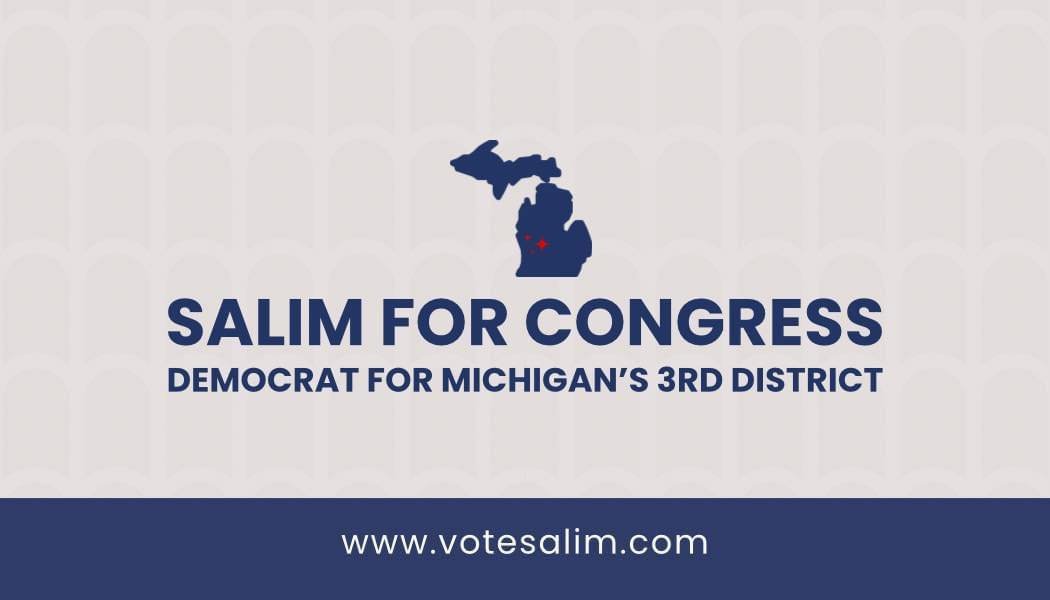Campaign Finance Reform
“Show me the moneyyyyy!” The iconic line from the 1996 movie titled Jerry Maguire seemingly connects more and more to America’s current political landscape. Political lobbying has become a multi-billion dollar industry in America and continues to grow. Politicians lose connection with the people that elected them as they use the money to buy negative commercials that drive a wedge between their neighbors.
I strongly support campaign finance reform. I believe there should be a hard cap on how much money a campaign can receive. This would ensure that representatives are acting on behalf of those that they serve and to fight political corruption. For House of Representative races, I want to see the following rules implemented.
One cannot receive individual contributions that total more than $600,000
Out-of-district individual campaign contributions cannot exceed 50% of one’s total
One should not be able to begin campaigning until the year of your election
Foreign governments must not be allowed to contribute to our political candidates
One cannot receive more than $1 million from PACs
PACs cannot buy advertisements on behalf of a campaign
As of the publishment of this post, I have not seen a comment from my opponent Hillary Scholten stating that she does/does not support campaign finance reform. Hillary has stated before that her previous campaigns are “grassroot” campaigns. A term made popular during Bernie Sanders’ 2016 presidential run as he promoted donations from individuals under $25. When I ran my business My Spartan Sublease post-college, we asked friends what amount would they pay for a subleasing service before they would heavily scrutinize the company. Consistently, we heard around $25 was the amount someone would be able/willing to pay.
Hillary has proven to be anything but a “grassroots” politician. She raised almost $4 million dollars during her 2022 campaign cycle and the average individual donation in-district was $700/person. Out-of-district individual donations came in even higher. From the 533 Californians that donated to Hillary’s 2022 campaign, the average donation was $902/person. The 270 New Yorkers who donated to Hillary’s election had an average donation of $1,213/person. In total, Hillary had 79% of her donations come from outside of her district. I believe if we want representatives to act on behalf of their constituents’ interests then we NEED to limit the money candidates receive from out of district donors.
In 2022, America witnessed one of the largest Ponzi schemes since Enron. FTX, was a crypto exchange platform, lead by now disgraced CEO, Sam Bankman-Fried (SBF). A trading platform is similar to Robinhood and Schwab. You put money into your FTX account, and receive an amount of FTT coins to trade based on the amount of money you put in. It was later discovered that SBF was the head of a trading firm called Alameda Research. A crypto trading firm is similar to your local financial planner. Your planner takes your money and invests it into the stock market on your behalf. It is common practice and if you ask your financial planner they have A LOT of regulations that they must follow. These regulations protect all stock market investors from fraud, money laundering schemes, etc. It was discovered that Alameda Research held what was thought to be billions worth of FTT coins as assets. SBF used Alameda to help drive the price of their FTT coin up, so investors would buy more coins. When investors discovered there was ownership overlap, they wanted to sell their FTT coins; however, FTX did not have the funds to cover the withdrawals that were being requested. This lead to a major collapse and the current legal cases for those involved.
I bring this case up as an example for the need to limit company’s involvement in politics. After the collapse of FTX, it was discovered that SBF had donated billions to the Democratic party. He was the second highest donor behind George Soros and severely influenced our election.
I will write more about the history of our campaign finance reform laws, but some important cases/legislation to review would be the following.
Tillman Act of 1907
Federal Election Campaign Act of 1971 & 1974
Buckley v. Valeo (1976)
Bipartisan Campaign Reform Act of 2002
Citizens United v. FEC (2010)
All information on Hillary Scholten’s campaign contributions were pulled from her FEC fillings which are public record and can be found using the link below.
FTX articles
